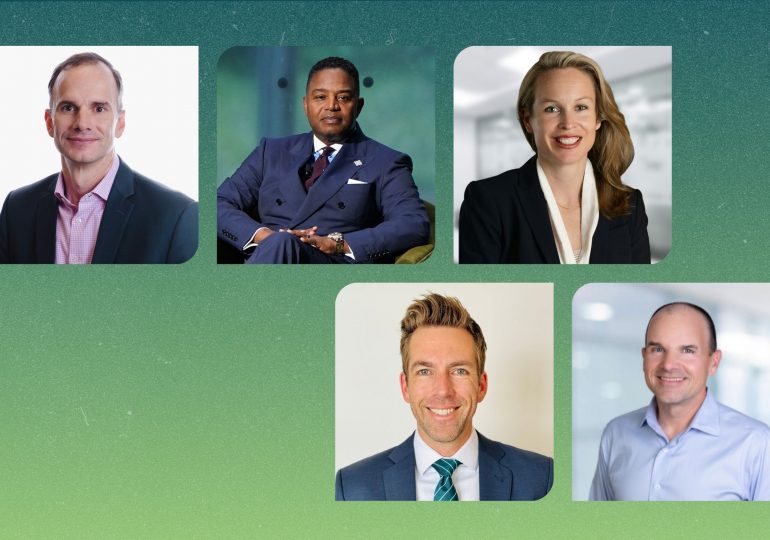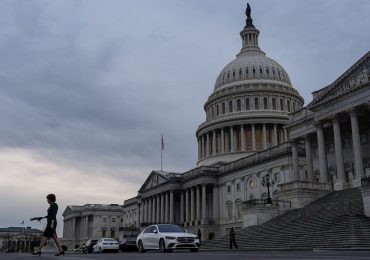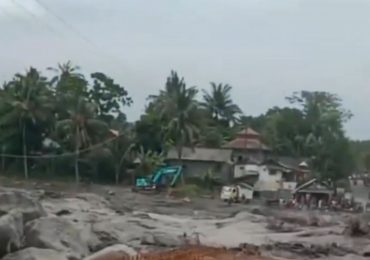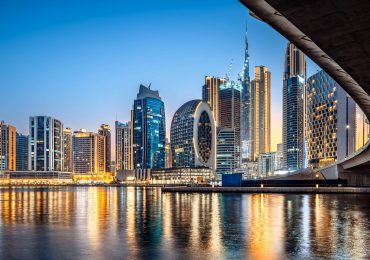In Manhattan’s Times Square, known for its flashy electric billboards, business leaders gathered on Sep. 25 for a panel on making the U.S. power grid more sustainable.
The event was part of Climate Week 2024, which is taking place in New York City from Sep. 22-29, and the TIME100 Talks series that gathers thought leaders for intimate conversations to discuss the world’s most pressing problems. Over breakfast at the Times Square Edition hotel, the panelists discussed how they are working to solve the energy “trilemma”—the need for reliable, affordable, and clean energy—and how artificial intelligence is changing their industries.
[time-brightcove not-tgx=”true”]
“Data centers will require a significant amount of energy, so much so that we’ll need to add a whole new California worth of energy to satisfy that demand,” said Shyla Raghav, the panel’s moderator and TIME’s chief climate officer. “So how are we going to satisfy all of those needs equitably, sustainably, but also affordably? That’s the trilemma that we are here to discuss.”
To elaborate on what that looks like, Raghav called on Jon Creyts, CEO of the Rocky Mountain Institute, a think tank which studies climate solutions.
“Eventually, things like your refrigerator and your stove are going to have batteries involved in them to make a grid fit for the 21st century,” said Creyts. He talked about revamping shuttered coal plants “as the places where we want to build data centers, where we want to put large scale renewables, where we want to put batteries and storage in order to make use of infrastructure that’s already there.”
The panelists were realistic about the role fossil fuels will continue to play in the near-term for the nation’s energy needs.
“I don’t see a path around fossil fuels,” said Ruth Gratzke, president of Siemens Smart Infrastructure U.S. and CEO of Siemens Industry, Inc., which sponsored the Sep. 25 event. But she maintained, “we need to maximize renewable power sources where we can.”
“Natural gas is going to be part of this equation for the foreseeable future,” said Calvin Butler, president and chief executive officer of national energy provider Exelon. He provided context on the difficult position that utility companies like Exelon are facing in the climate change era:
“I would argue that the grid across the U.S. is one of the most reliable grids in the world. Utilities have been investing heavily into the grid infrastructure.”
But as storms worsen with climate change, so too does the pressure on the grid to weather them and keep the lights on—and for utilities to become more resilient. “The grid is now being asked to do something that has never had to be done before,” said Butler. “Everyone is wanting this investment, but wanting it for free. So that is the challenge that we’re having. I don’t want anyone leaving here and saying, well, our ‘utilities haven’t been doing the job.’”
He said the audience should be paying more attention to their local governments, as they work to implement national climate policies.
The panelists debated how much AI is going to help make the grid more sustainable.
“AI is the best tool for sustainability the world could ever see,” said Josh Parker, head of head of sustainability at AI software company NVIDIA, arguing, “this accelerated computing platform that AI is built on…it does the work so much faster than the existing infrastructure.”
“AI is right now getting all the love and the attention,” Gratzke said. But the challenge of making energy more sustainable “is so much bigger than just AI.”
All of the panelists agreed that no one company will have the solutions. “We have to work harder,” says Bobby Hollis, vice president of energy at Microsoft. “We have to collaborate closer with both energy suppliers, utilities, every single part of the supply chains.”
As Gratzke put it: “There’s not just one single answer to this. There’s not one switch that we can flip. A lot of different actions need to be coordinated.”
The Energy Trilemma: Strategies for a Sustainable Future was presented by Siemens.
Leave a comment








